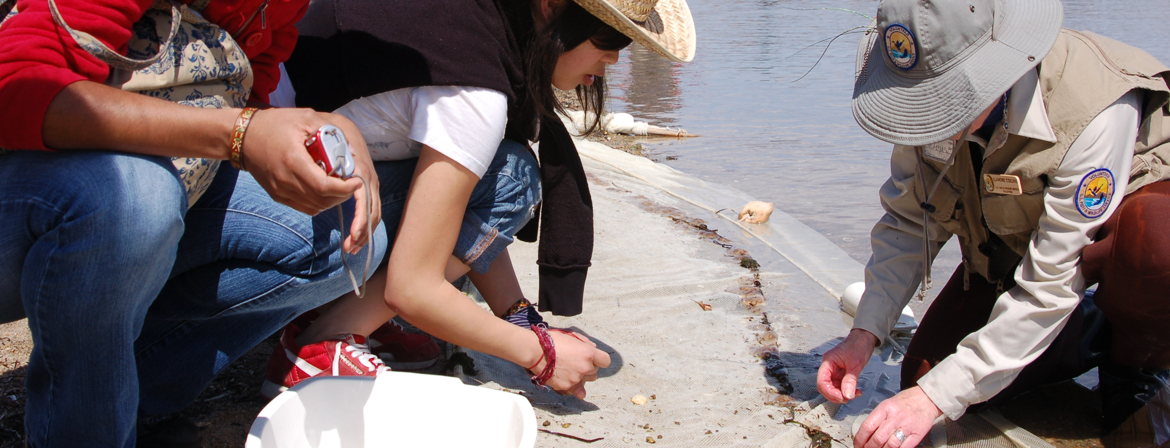Educational Interventions that Improve Environmental Behaviors: A Meta-Analysis
Zelezny, L. C. (1999). Educational interventions that improve environmental behaviors: A meta-analysis. Journal of Environmental Education, 31, 1, 5-14.
The Importance of Subjective Norms for People Who Care What Others Think of Them
Latimer, A., & Ginis, K. (2005). The importance of subjective norms for people who care what others think of them. Psychology & Health, 20(1), 53-62. doi:10.1080/08870440412331300002.
Nature and/or Nurture? Analyzing the Determinants of Transit Ridership Across US Urbanized Areas
Taylor, B. D., Miller, D., Iseki, H., & Fink, C. (2009). Nature and/or nurture? Analyzing the determinants of transit ridership across US urbanized areas.
School Travel Plans: Overcoming Barriers to Implementation
Baslington, H. (2008). School travel plans: Overcoming barriers to implementation. Transport Reviews, 28(2), 239-258.
Environmental Behaviour in Chicago Automotive Repair Micro-Enterprises (MEPs)
Mir, D. (2008). Environmental behaviour in Chicago automotive repair micro-enterprises (MEPs). Business Strategy and the Environment, 17(3), 194-207.
The Short List: The Most Effective Actions U.S. Households Can Take to Curb Climate Change
Gardner, G.T. & Stern, P.C. (2008, September/October). The Short List: The Most Effective Actions U.S. Households Can Take to Curb Climate Change
The Effectiveness of Soft Transport Policy measures: A Critical Assessment and Meta-Analysis of Empirical Evidence
Möser, G., & Bamberg, S. (2008). The effectiveness of soft transport policy measures: A critical assessment and meta-analysis of empirical evidence. Journal of Environmental Psychology, 28(1), 10-26.
Affective Appraisals of the Daily Commute: Comparing Perceptions of Drivers, Cyclists, Walkers, and Users of Public Transport
Gatersleben, B., & Uzzell, D. (2007). Affective appraisals of the daily commute: Comparing perceptions of drivers, cyclists, walkers, and users of public transport. Environment and Behavior, 39(3), 416-431.
Is a Residential Relocation a Good Opportunity to Change People's Travel Behavior?: Results From a Theory-Driven Intervention Study
Bamberg, S. (2006). Is a Residential Relocation a Good Opportunity to Change People's Travel Behavior?: Results From a Theory-Driven Intervention Study. Environment and Behavior, 38(6), 820-840.
Dormitory Residents Reduce Electricity Consumption when Exposed to Real-Time Visual Feedback and Incentives
Petersen, J., Shunturov, V., Janda, K., Platt, G., & Weinberger, K. (2007). Dormitory Residents Reduce Electricity Consumption when Exposed to Real-Time Visual Feedback and Incentives. International Journal of Sustainability in Higher Education, 8(1), 16.



